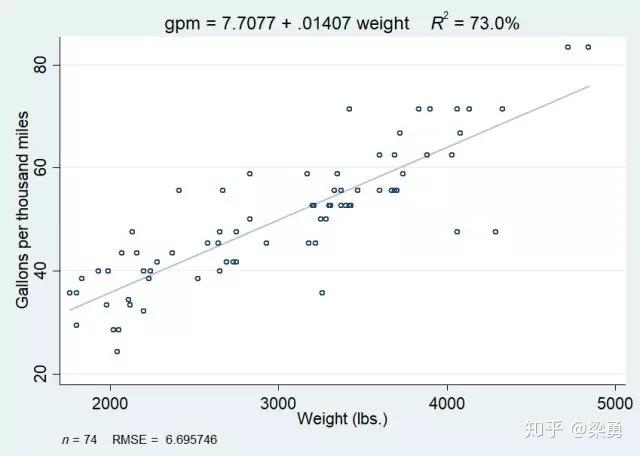

List household_id d household_id0, sepby(household_id) * reduce to combinations that are within 1kmīysort household_id (d) household_id: keep if d < 1 Geodist latitude longitude latitude0 longitude0, gen(d) * form all pairwise combinations of household
#STATA SSC GEODIST HOW TO#
female", modifyI don't seem to know how to generate this variable containing shortest distances from HH i to j which are obviously neighbors. Input double(household_id longitude latitude age) byte gender float(treat spillover) > I expect there's a straightforward way to do this.Code: * Example generated by -dataex.


> (b) sum up the results of these computations, returning a value which I, doing computations involving variables > For every observation i, I think I need to > loop over all observation and sum up the results. > latitude for each observation, and computation of the distance from any > distances between observation i and all j n.e. > The variable created is a weighted sum of the inverse of geographical > I have need to use information from all observations (about 1800 of > running sum, take a look at -help sum(). > If you want the total of a variable, look at -egen, total(). > the easiest is simply to -generate- a sum by adding values with a "+" > Creating sums can mean different things in Stata. sum up the results of these computations,". > to all other observations (or more generally, to some set of other > observation, the sum I'm talking about is of measurements made relative > Thanks, I guess I was unclear on this aspect of the problem. > To: Subject: st: RE: RE: AW: Creating index relative to other observations > On Fri, at 7:49 AM, Frederick Guy wrote: > geodist lat lon `=lat' `=lon' if _n != `i', gen(d)
#STATA SSC GEODIST PLUS#
> is then updated with the value of the sum plus the value of x2 for > according to the distance to `i' and summed. > distance from observation `i' to all others (distance will be missing > Perhaps the following example is close to what you are trying to do. > To: Subject: Re: st: RE: RE: RE: AW: Creating index relative to other observations If I just stack observations type i on top of observations type j, geodist doesn't like the missing values (observations type i have missing values for type j, and vice versa). For each location of type i, I need to compute the distances to every location of type j.
#STATA SSC GEODIST CODE#
> Robert Picard sent the code below, which works as advertised - many thanks, Robert! Now I have a slightly different problem: I have two kinds of locations in the data, i and j. > On Fri, at 4:35 AM, Frederick Guy wrote: > * This example require my -geodist- program available on SSC > updated version of my example the looping is over all observations of > set of observations side-to-side and it's easier to manage. > to append both datasets but to do an unmatched merge. > If you have two kinds of locations, then the easiest solution is not > To: Subject: Re: st: looping with geodist Just one (I hope) more question: I'm using Stata 10, and am not sure what the equivalent of "merge 1:1 _n" is.

The version 10 syntax is "merge using "`f'" Notice: On April 23, 2014, Statalist moved from an email list to a forum, based at.


 0 kommentar(er)
0 kommentar(er)
